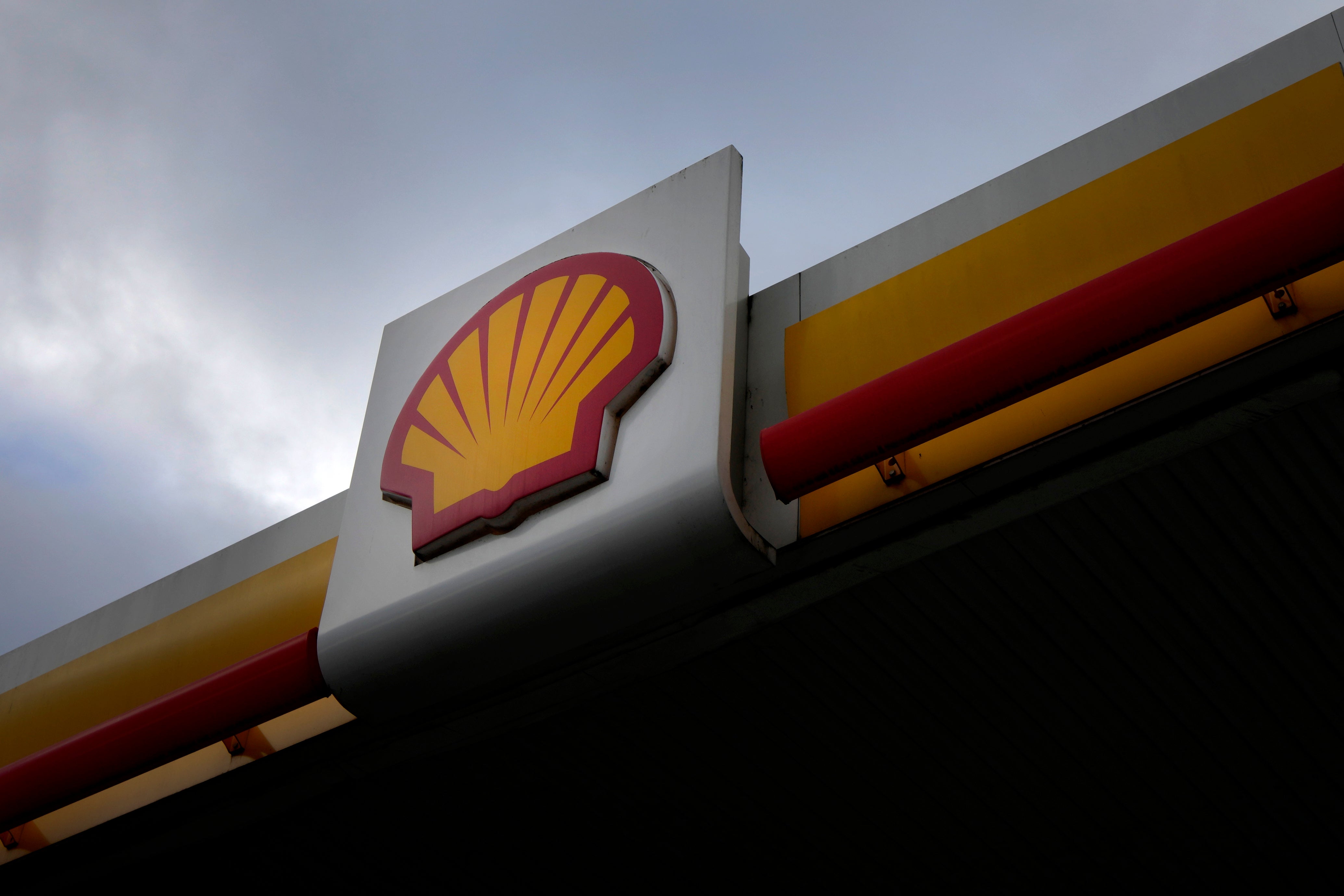Shell ditches lower oil production target but insists it's committed to cutting emissions
Shell has effectively abandoned a plan to cut oil production by 1-2% per year until the end of the decade

Your support helps us to tell the story
From reproductive rights to climate change to Big Tech, The Independent is on the ground when the story is developing. Whether it's investigating the financials of Elon Musk's pro-Trump PAC or producing our latest documentary, 'The A Word', which shines a light on the American women fighting for reproductive rights, we know how important it is to parse out the facts from the messaging.
At such a critical moment in US history, we need reporters on the ground. Your donation allows us to keep sending journalists to speak to both sides of the story.
The Independent is trusted by Americans across the entire political spectrum. And unlike many other quality news outlets, we choose not to lock Americans out of our reporting and analysis with paywalls. We believe quality journalism should be available to everyone, paid for by those who can afford it.
Your support makes all the difference.Shell has effectively abandoned a plan to cut oil production by 1-2% per year until the end of the decade, instead maintaining output at current levels in a move that risks angering climate activists.
Ahead of an investor update in New York on Wednesday, Europe's largest energy company argued that it had already met the target it had set for itself in 2021 through asset sales.
London-based Shell said it had seen its production drop from 1.9 million barrels of oil equivalent per day in 2019 to 1.5 million in 2022. Shell has, for example, offloaded a little under 200,000 barrels of daily production when it sold its sites in the U.S. Permian basin to ConocoPhillips two years ago.
“Our target of a reduction in oil production by 2030 has not changed," the company said. “We’ve just met it eight years early.”
New chief executive Wael Sawan insisted that the company was still committed to decarbonizing its operations, reiterating the goal that Shell will become a net-zero emissions energy business by 2050.
“We are investing to provide the secure energy customers need today and for a long time to come, while transforming Shell to win in a low-carbon future,” he said in a statement.
The oil strategy comes as Shell and other oil giants have faced increasing pressure to do more to fight emissions from climate activists, including protesters who were dragged away at Shell's London shareholder meeting last month and others who faced tear gas outside TotalEnergies' gathering days later.
Last week, the U.K.’s advertising watchdog banned a Shell marketing campaign for implying a big proportion of its business was in low carbon energy even though fossil fuels make up the “vast majority” of its operations.
Oil and gas companies like Shell, London rival BP and others also have spurred anger for posting bumper profits after Russia's war in Ukraine drove up the price of energy, surging inflation and helping fuel a cost-of-living crisis.
When it comes to Shell oil production, maintaining it at current levels will require investment because output from existing reservoirs naturally declines by around 5% every year.
“It (Shell) has made some meaningful nearer term pledges including the elimination of gas flaring at its wells by 2025, but there will be some disappointment that oil production is set to remain at current levels out to at least 2030,” said Derren Nathan, head of equity research at stockbrokers Hargreaves Lansdown.
Shell also said it would buy back at least $5 billion of its shares from investors in the second half of the year, a move aimed at bolstering investor confidence amid a relative underperformance in the company's share price. Shell also said its dividend payment to shareholders would rise by 15%.
It also set out a target to reduce underlying operating costs between $2 and $3 billion by 2025 and reduce capital spending from $22 to $25 billion in 2024 and 2025.